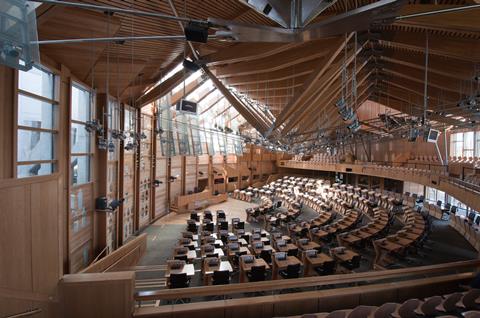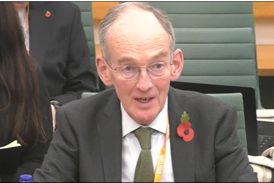The government has confirmed that the Crime and Policing Bill will contain provisions removing the three-year time limit for victims and survivors of child sexual abuse to bring personal injury claims. The new clause is at section 82 of the current draft bill. The bill was tabled for report stage on 17 and 18 June and is now at the committee stage in the House of Lords.


This follows recommendations from the Independent Inquiry into Child Sexual Abuse (IICSA) that there should be changes to the law to make it easier for victims to pursue claims in the civil courts and to obtain apologies. These recommendations were made in October 2022. There has also been long-term campaigning by many victims, survivors and experts in this field and two government consultations.
As recommended by the IICSA, removal of the three-year limitation period will apply to all civil child sexual abuse claims brought by victims and survivors, except where claims have been dismissed by a court or settled by agreement. It will not apply to claims brought on behalf of victims’ and survivors’ estates. The limitation amendment will apply only to child sexual abuse claims and not to other types of harm in childhood, including physical abuse, emotional abuse or neglect. The amendment does not apply to any action brought for damages under section 3 of the Protection from Harassment Act 1997.
The burden of proof will be transferred from victims to defendants. Rather than victims having to prove that it is possible to hold a fair trial, defendants will have to prove that a fair trial cannot proceed.

The best available guidance on the way in which the new law is likely to operate is probably found in the application of the Scottish amendment along similar lines, made by the Limitation (Childhood Abuse) (Scotland) Act 2017. This removed the primary limitation period for claims for childhood abuse, by inserting new provisions – sections 17A to 17D – into the Prescription and Limitation (Scotland) Act 1973.
These new provisions came into force on 4 October 2017. They have been considered in a small number of reported cases. The only reported case in the English courts to date is that of JXJ v Province of Great Britain of the Institute of Brothers of the Christian Schools [2020] EWHC 1914 (QB); [2020] ELR 579, where the claimant succeeded on limitation, though failed on liability/vicarious liability. The key section on limitation is at paragraph 101 of the judgment of Chamberlain J.
Following A v Hoare [2008] UKHL 6, the current limitation period for personal injury claims based on child abuse is three years, pursuant to section 11 of the Limitation Act 1980, with the possibility of a discretionary extension under section 33 of the 1980 act. For a child turning 18, the primary limitation period in which they must bring a claim for abuse endured during childhood will expire after three years, at the age of 21. Under section 33 of the 1980 act, the court has power to extend time, subject to the factors set out in section 33(3). However, section 33 is not only a bar to claims at trial. It was noted in the IICSA report as operating at three levels: in limiting the claims that lawyers are prepared to take on; reducing the level of settlements; and in the failure of claims at trial.
Claimants often seek advice much later in life. Research shows that the average period of time between the abuse and the seeking of advice is 26 years. People often seek legal advice when they are a prosecution witness in the Crown court, or when they have read their social services notes for the first time. Sometimes they see someone they have not seen for a long time, perhaps at a family event like a wedding. Sometimes big life events, positive or negative, lead them to seek advice.
There are also younger claimants. There has been a cultural shift in terms of safeguarding, including what children are taught at school about consent and their rights. Where younger people bring claims, sometimes even before they are 18 years old, they tend to settle for much larger sums than historical abuse claims.
Limitation periods always involve a balancing of competing interests. There are philosophical questions as to whether the distance of time and circumstance should mean that there is no right to compensation. This issue arises not only in child abuse claims but also in a wider societal context, for example in the ongoing discussions around historical slavery, and the families and institutions that benefited from it.
Sometimes institutional defendants settle claims for wider reasons, without pursuing limitation arguments. There may be a moral, social or political imperative to compensate victims, or a desire to manage reputation or to avoid bad publicity, or a combination of these.
Sadly, it seems likely that the victims of historical child sex abuse will continue to come forward and to seek justice long after the events that caused them harm. The consequences of those events can continue for a lifetime. It is hoped that the change in the law will bring about some rebalancing of interests, which has long been campaigned for and which the government now recognises is appropriate.
Malcolm Johnson is head of abuse claims at Lime Solicitors, London. Laura Collignon of Thomas More Chambers is counsel for the claimant in JXJ































No comments yet